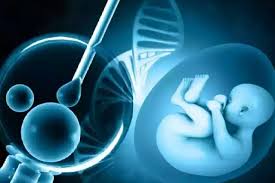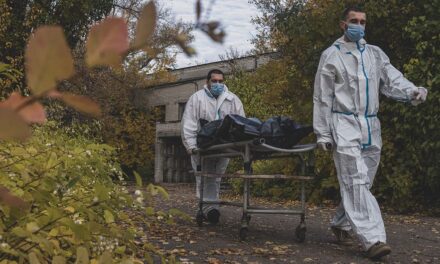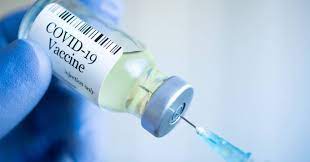A new study published in the European Heart Journal has revealed that babies born after assisted reproductive technology (ART), such as in vitro fertilization (IVF), are at a significantly higher risk of developing major congenital heart defects. The large-scale research, which analyzed over 7.7 million births from four Nordic countries, found a 36% increase in the likelihood of heart defects in babies conceived through ART compared to those conceived naturally.
Congenital heart defects are the most common form of birth defects and can lead to life-threatening complications, requiring specialized care, including surgeries shortly after birth.
Study Highlights Risk of Multiple Births
The study, led by Professor Ulla-Britt Wennerholm from the University of Gothenburg in Sweden, noted that the increased risk was particularly pronounced in cases of multiple births, which are more frequent in assisted reproduction. Babies born in multiple births after ART faced an even higher risk of heart defects (2.47%) compared to singleton births (1.62%). The absolute risk of heart defects in ART-conceived babies was 1.84%, compared to 1.15% in babies conceived naturally.
“We already know that babies born after assisted reproductive technology have a higher risk of birth defects in general,” said Professor Wennerholm. “However, we have found a higher risk also in congenital heart defects, the most common major birth defect.”
Common Factor Behind Infertility and Heart Defects?
The researchers examined various types of ART, including IVF, intracytoplasmic sperm injection (ICSI), and embryo freezing, and found no significant difference in heart defect risk based on the type of ART used. This suggests that a common underlying factor may link parental infertility with the increased likelihood of heart defects in their offspring.
“Congenital heart defects can be extremely serious, requiring specialist surgery when babies are very young,” said Professor Wennerholm. “Knowing which babies are at the greatest risk can help us diagnose heart defects as early as possible and ensure the right care and treatment are given.”
Scope of the Study
The research spanned multiple decades and included all live births from Denmark, Finland, Norway, and Sweden between 1984 and 2015. Researchers compared babies born following ART to those conceived naturally, assessing the incidence of major heart defects diagnosed either in the womb or within the first year of life.
The study accounted for several factors that can increase the risk of congenital heart defects, including maternal age, smoking during pregnancy, and pre-existing health conditions such as diabetes or heart defects in the mother.
Global Implications
With ART accounting for between 2% and 8% of births globally, depending on the country, the findings have significant public health implications. As more individuals turn to ART to conceive, the study suggests that healthcare providers should be vigilant in monitoring pregnancies resulting from these technologies for early signs of heart defects.
In an accompanying editorial, Dr. Nathalie Auger from the University of Montreal Hospital Research Center echoed the importance of these findings, emphasizing that while most babies born through ART are healthy, the risks should not be ignored.
“Patients who use assisted reproductive technology tend to differ from the general population. These patients may have underlying morbidities that affect both fertility and the risk of heart defects,” Dr. Auger noted.
As ART procedures become more common, this study underlines the need for continued research and better monitoring to ensure early detection and treatment for babies at risk of congenital heart defects.
Source Information:
- Ulla-Britt Wennerholm et al, Congenital heart defects in children born after assisted reproductive technology: a CoNARTaS study, European Heart Journal (2024). DOI: 10.1093/eurheartj/ehae572
- Nathalie Auger et al, Assisted reproductive technology and heart defects: What’s real and what’s not?, European Heart Journal (2024). DOI: 10.1093/eurheartj/ehae549
This research provides critical insights for both medical professionals and individuals considering ART as an option to expand their families.












